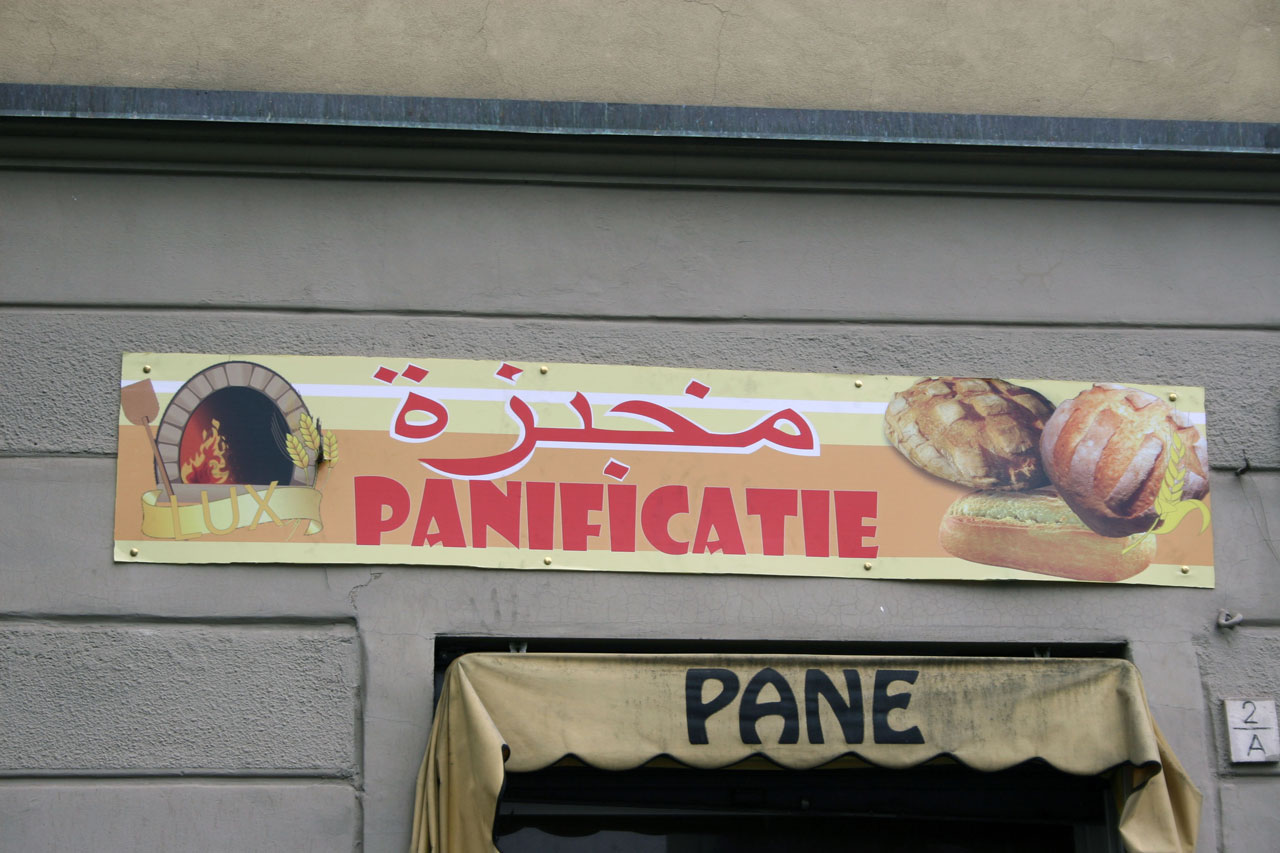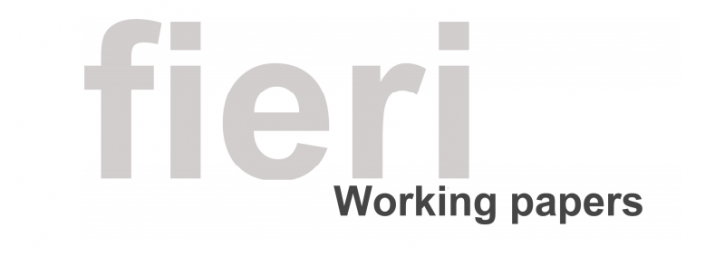Il paper è stato redatto grazie al contributo della Unità Analisi e Programmazione del Ministero degli Affari Esteri e della Cooperazione Internazionale (contributo concesso ai sensi dell’art. 2 della l. 948/82), nel quadro del progetto di ricerca “La governance internazionale dei flussi misti tra Europa e Africa. Tendenze recenti, ostacoli e opportunità di sviluppo” condotta da FIERI, CeSPI e OBC Transeuropa.
Il Working Paper di FIERI si è focalizzato sulla dimensione esterna delle politiche migratorie europee e, in particolare, sulle tendenze in questo campo a partire dalla firma dell’accordo con la Turchia del marzo 2016 e con il lancio del New Partnership Framework per i rapporti con i paesi di origine e transito, specialmente in Africa.
Abstract
The recent migration and refugee crisis is at the core of the current European political debate concerning migration management. If solidarity among EU Member States is weakening and the interests they express appear to be conflicting, policy-making is shifting more towards the external dimension of migration management. Third countries of origin and transit have traditionally been key partners in this field, even though the 2015 European Agenda on Migration and the 2016 Partnership Framework have awarded them an even more crucial role in order to attain the overall goal of reducing incoming irregular migration flows. The paper retraces the EU policies concerning external migration management and provides a more complex definition of the “externalisation” process. More particularly, attention is paid to the possible shift towards a more comprehensive approach to externalisation that seems to be entailed by the Partnership Framework and, to some extent, by the Statement between EU and Turkey. Moreover, the paper attempts a classification of the recent bilateral and EU agreements with partner third countries based on the methods and contents of the agreements in order to sketch the most frequent typologies of cooperation and the relevance awarded to migration issues. Finally, some concerns are expressed on the implementation of such comprehensive approach to the externalisation of migration management, stressing those issues which might compromise the recently introduced innovations and reduce these tools to mere instruments for tackling irregular migrations.
Di Marta Capesciotti – Marzo 2017
Scarica il working paper








